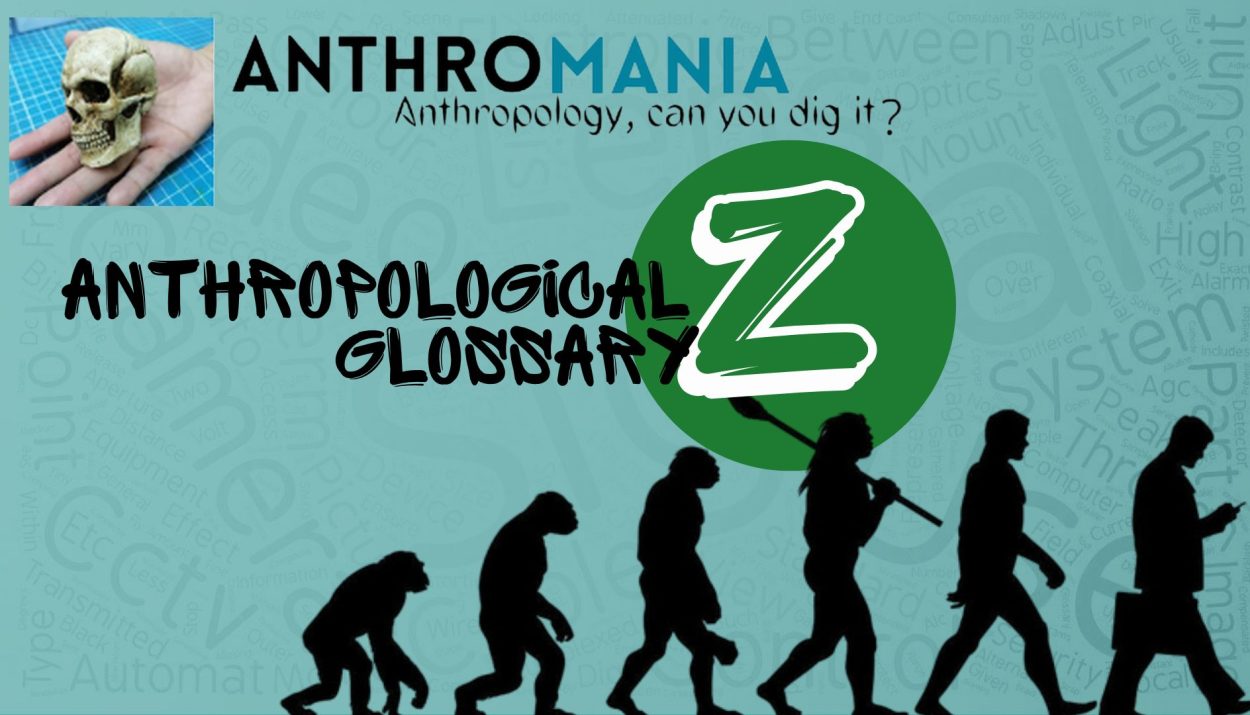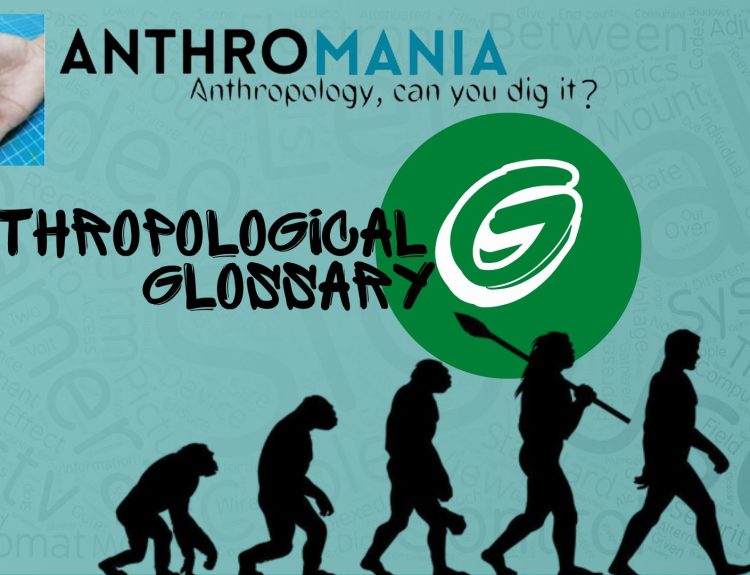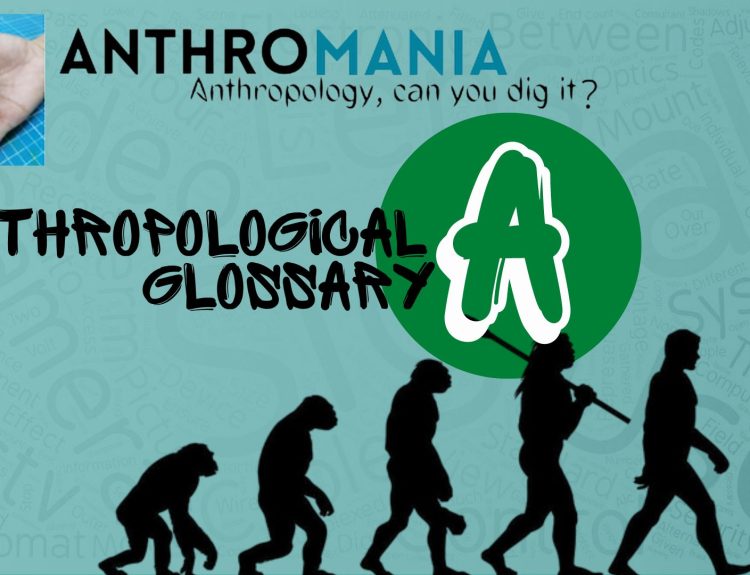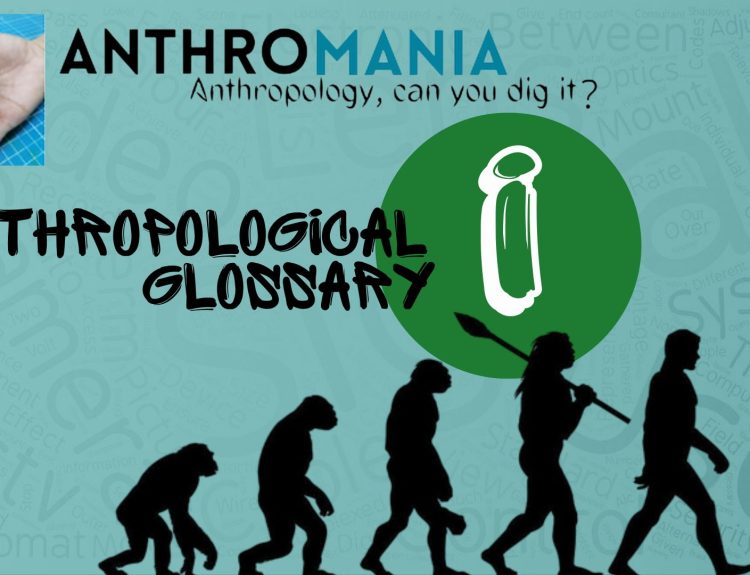Explore an Anthropological Glossary (Letter Z) to understand the meanings and relevance of terms like Zemiology, Zenana, Zeugma, Zoonomy, and more in anthropology, social sciences, and cultural studies.
Zemiology: Zemiology is the study of social harm and social justice issues. Anthropologists may engage with this term to explore how certain practices or structures lead to social inequalities, injustices, or harm in various cultural contexts.
Zenana: In the context of cultural anthropology and gender studies, “zenana” refers to the part of a house in South Asia reserved for the seclusion of women, often related to practices of purdah (veiling) and the role of women in traditional societies.
Zenithal Lighting: In archaeology and cultural anthropology, zenithal lighting refers to the use of overhead lighting to enhance the visibility of archaeological features or artwork in various contexts.
Zero-Sum Game: While not exclusive to anthropology, the concept of a zero-sum game can be applied in economic and social anthropology. It refers to a situation where one person’s gain is exactly balanced by another person’s loss, often examined in the context of resource distribution and competition within societies.
Zeugma: Zeugma is a rhetorical and literary device, but it can also be used in anthropological writing. It involves using one word to modify or govern two or more words, often in a figurative or metaphorical sense. In cultural anthropology, this concept may be applied when studying symbolic language or cultural expressions.
Zinjanthropus: Zinjanthropus boisei was a hominin species in the genus Paranthropus that lived about 2.3 million years ago. Its discovery contributed to our understanding of human evolution.
Zoarchaeology: Zoarchaeology is a subfield of archaeology that focuses on the study of animal remains found in archaeological sites. This subdiscipline helps researchers understand ancient human diets, hunting practices, and the interaction between humans and animals in the past.
Zoe: In philosophical anthropology, particularly in the work of Giorgio Agamben, “zoe” refers to the biological, bare life or simple biological existence of a human being, while “bios” represents the form of life that is socially and politically recognized.
Zombification: In cultural anthropology and folklore studies, zombification is the process by which individuals or communities are perceived to be turned into zombies, often as a metaphor for social or cultural change and loss of agency.
Zone of Proximal Development (ZPD): ZPD, a term primarily used in educational and cultural psychology, can also have relevance in anthropology, especially in the study of cultural transmission and learning processes. It refers to the difference between what a learner can do independently and what they can achieve with guidance and instruction from a knowledgeable person.
Zoological Taxonomy: Anthropologists sometimes utilize zoological taxonomy to classify and categorize aspects of human evolution and biological variation within a broader context of animal life.
Zoonomy: Zoonomy, a scientific discipline, focuses on the comprehensive study of animal life and the systematic classification of creatures within the diverse and intricate realm of the animal kingdom.
Zoonosis: Zoonosis is the transmission of infectious diseases from animals to humans. It’s a crucial area of study in biological anthropology and epidemiology.
Zoosemiotics: Zoosemiotics is the study of animal communication systems. While it primarily falls under the domain of ethology and biology, it can have relevance in the anthropological study of human-animal relationships.
Zygosity: In twin studies and genetics research, zygosity refers to the degree of similarity between twins. It’s especially pertinent in twin studies exploring the heritability of traits.







